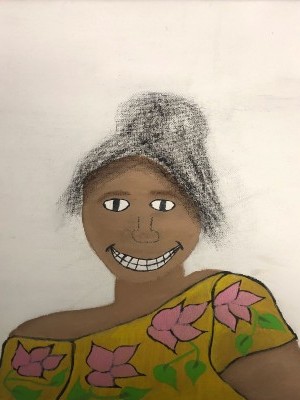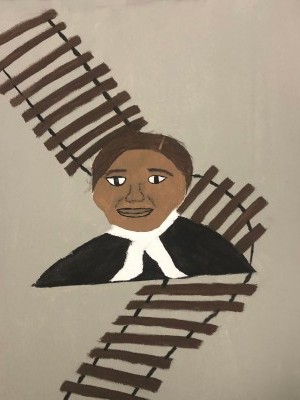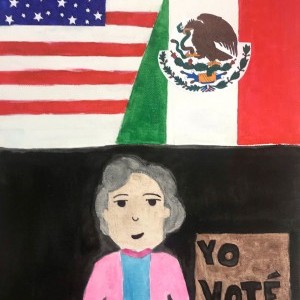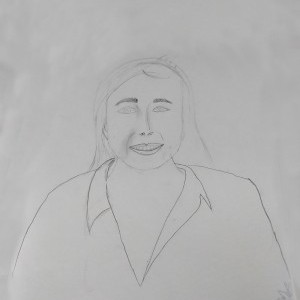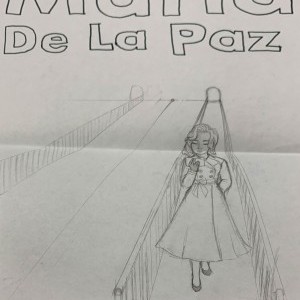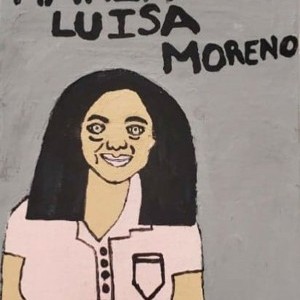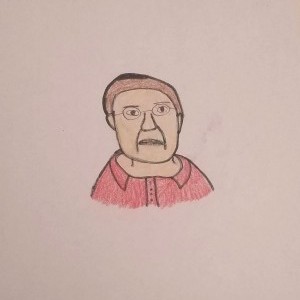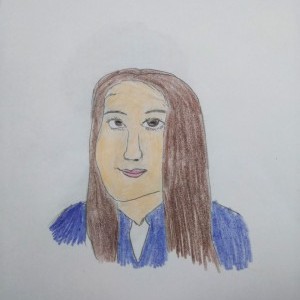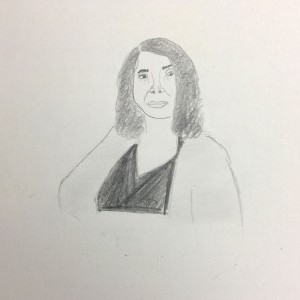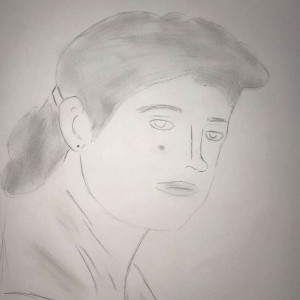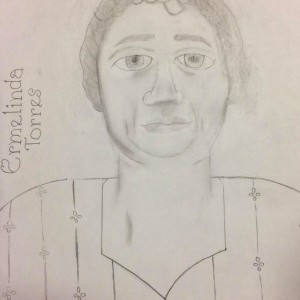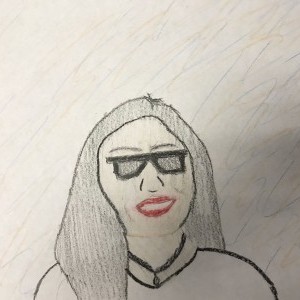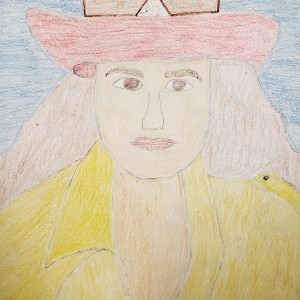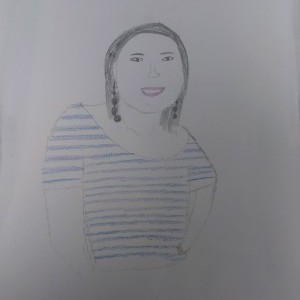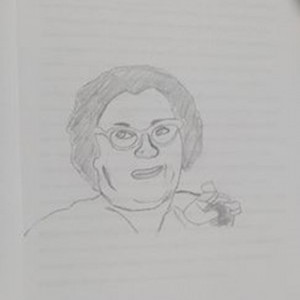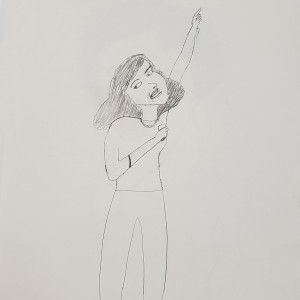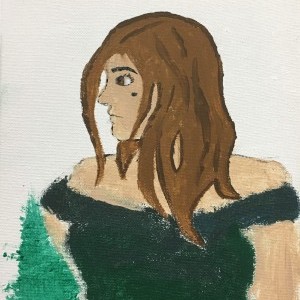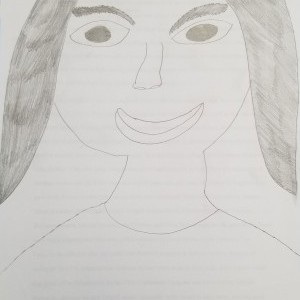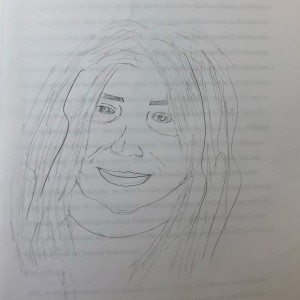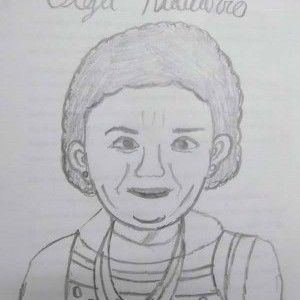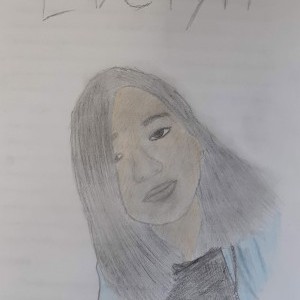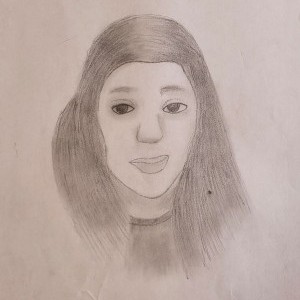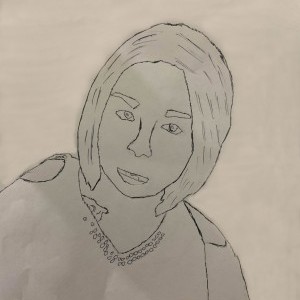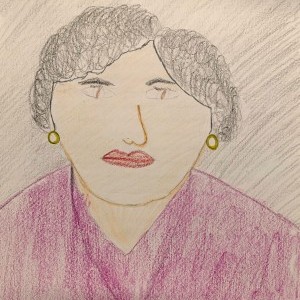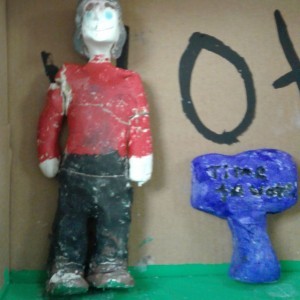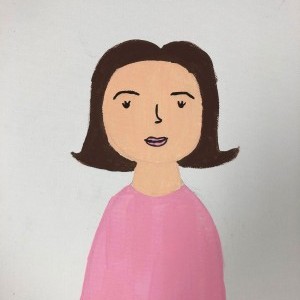Alexa Quiroz
García Early College High School | Laredo, TX | 10th Grade
Inspirational Family Member
My Mother
My mother Cynthia Quiroz was the very first female in my family to vote. She was only 19 when she voted for the first time for George W. Bush back in 2000. She believed that he had the chance to change the world with his ideas. My mother now deeply encourages me to vote once I turn 18 as she believes that our votes really do count.
At the age of only 18 she married my father, Martin Quiroz, with whom she had 3 kids. My sister Genesis was born only a few months after my mom had decided to vote for the very first time ever. My grandmother, Francisca Ashton, never really had the time to vote. She spent most of her life working as a Maid and never really thought her vote would make a difference. It was not till her and my grandfather moved to Laredo where she had my mom and my two other aunts that she thought she could finally encourage them to vote and to help make a difference. My mom’s older sister, Claudia, also believed that her vote would never count. At first, my mother also believed that her vote would never be heard or that it wouldn’t count and it made her furious to even think that no one would care for her vote. Once she entered high school, all her teachers would encourage her to vote every single day. They promised her that her vote was definitely needed if she wanted to help make the government better. Figuring out who she was going to vote for made her very stressed out as she believed that George W. Bush and his opponent both had very good ideas.
Although, she stopped voting, she still manages to try and convince me and my sisters that voting is a very important thing in life because it allows us, the people, to be heard. She believes that she made the right choice by voting for George W. Bush and not for Al Gore. George Bush did many great things that made her proud of her choice, and she’s now very grateful for all the females that fought for all the rights we have today.
To conclude, I now personally believe that voting is a very important thing for all females to do. All the great females fought very hard for us to have the right to vote and we should appreciate and use our vote wisely to make a change. My mother, the first female to vote in my family is a great example for the woman that I want to become.
Historical Figure I Admire
Harriet Tubman
Born into slavery in Maryland, Araminta Ross, mostly known as Harriet Tubman, was recognized as the most famous “conductor” of the Underground Railroad. Not only did she lead slaves to freedom, but Tubman was also an American abolitionist and political activist.
Harriet Tubman was only 5 years old when she was first rented out as a nursemaid and where she was constantly whipped, but it was not until she was 7 that they rented her as a planter and a field hand. When she reached the age of 12, she was left in a difficult situation that left her scarred both mentally and physically. Tubman had seen an overseer about to throw a heavyweight at a slave when she decided to step in between the overseer and the slave which led to her skull breaking. Her kindness left her with narcolepsy and headaches, which made her unattractive to slave buyers and renters.
Around 1844, Harriet married a man named John Tubman, a free black man. John later threatened to sell her further south, this threat and the knowledge that her two brothers were about to be sold provoked an escape plan. On September 17, 1849, Harriet and her two brothers escaped Maryland, however her brothers changed their minds and went back. Harriet continued and traveled 90 miles north to Pennsylvania with the help of the Underground Railroad. When she arrived in Philadelphia, she found a job, but she wasn’t satisfied with living on her own. Tubman had soon returned to the south to lead her niece and her niece’s children to freedom. A year later the Fugitive Slave Act had been passed which allowed free or fugitive slaves in the north to be captured and enslaved. This act was a major setback that forced Harriet to lead slaves further north to Canada.
Over the next decade, Harriet supported abolitionists and created her own Underground Railroad system. She had liberated 70 slaves including her elderly parents and had taught dozens of others to escape on their own. In 1861, when the Civil War broke out, Harriet was enlisted to assist fugitive slaves at Fort Monroe where she worked as a cook, nurse, and laundress. In 1863, she became the head of a spying organization for the Union Army. It took over three decades for the government to identify her military contributions and award her economically. After the Civil War ended, Tubman decided to settle down with her family on a land she owned somewhere in Auburn, New York. She remained uninformed yet explored parts of the Northeast speaking on behalf of the women’s suffrage movement and worked with well-known suffrage leaders such as Susan B. Anthony. In 1896, Harriet bought land adjacent to her home and opened it as the “Harriet Tubman Home for Aged and Indigent Colored People”. Her health later continued to worsen which eventually required her to move into her namesake rest home. On March 13,1913 Harriet’s life was unfortunately taken away by pneumonia, but till this day her legacy lives on all over the world.
SOURCES +
What the Project Means to Me
My mother’s influence was so great because I admire her patience through the voting elections because she had many doubts but still managed to make the right choice, as she believes. Although my grandmother never really had the time to vote her influence towards me was great because she now speaks to me about politics and all the benefits of voting. Therefore, these two great females have impacted my life amazingly ever since they’ve been talking to me about all the great things that come ahead when voting.
Explore the Archive
More From This Class
Click on the thumbnails below to view each student's work.Deadline Extended
There's still time to join Women Leading the Way.
Become a part of our storytelling archive. Enroll your class today.
Join the Project

